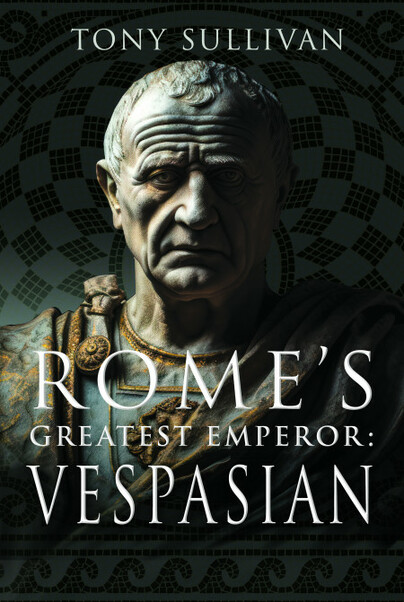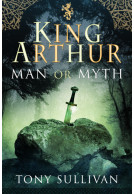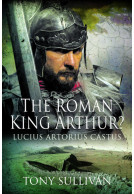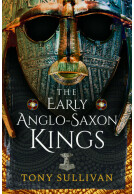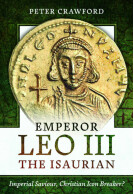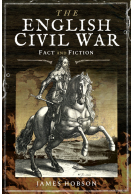Rome's Greatest Emperor: Vespasian (Hardback)
Imprint: Pen & Sword History
Pages: 224
Illustrations: 32 mono illustrations
ISBN: 9781036103040
Published: 18th November 2024
(click here for international delivery rates)
Need a currency converter? Check XE.com for live rates
| Other formats available - Buy the Hardback and get the eBook for £1.99! | Price |
|---|---|
| Rome's Greatest Emperor: Vespasian eBook (2.8 MB) Add to Basket | £6.99 |
To anyone scanning the sea from the southern coast of Britain in the year 43 AD, the sight of hundreds of ships appearing one by one as dots on the horizon would have filled them with awe and dread. On a leading warship, a hundred and twenty oarsmen heaved at their work as one of the four legionary legates scanned the cliff tops expecting to see them lined with warriors as Julius Caesar had described nearly a hundred years before. Vespasian would lead the Second Augusta in the initial invasion and in a remarkable campaign across southern Britain, capturing a score of strongholds, oppida, such as the formidable Maiden Castle, along the way.
His career later suffered from the intrigues of court politics during the reign of Nero, at one point making the near-fatal mistake of falling asleep during one of the emperor’s artistic performances. Vespasian’s fortunes were revived by the outbreak of revolt in Judea.
Thus Vespasian found himself in the right place at the right time commanding a vast battle-hardened victorious army as the empire descended into civil war and chaos. The year 68-69 became known as ‘The Year of the Four Emperors’ as, after Nero’s suicide, Galba, Otho and Vitellius seized the throne in quick succession. When Vitellius emerged as the victor Vespasian took his chance.
It would prove a pivotal moment in Rome’s history, stabilising the political and economic situation, and establishing the Flavian dynasty.
“It's smoothly written and I learned -- or perhaps re-learned -- about the efforts and exploits of Vespasian, especially when it came to stabilizing the economy.”
Historical Miniatures Gaming Society
Read the full review here
...an enjoyable read. I learned some things and reviewed with delight many others that I had studied in college. It held my attention and left me hungry for more.
Crawdaddy, Substack
About Tony Sullivan
Tony Sullivan lives in South East London with his wife and three children. His first book, King Arthur: Man or Myth? was published in 2020. Three further books followed in 2022: The Battles of King Arthur investigating the famous battle list from the Historia Brittonum; The Real Gladiator, looking at the historical reality behind the 2000 film; and The Roman King Arthur?: Lucius Artorius Castus, which dismantles the Artorius-Arthur theory and places this historical Roman officer in the reigns of Severus and Caracalla.







